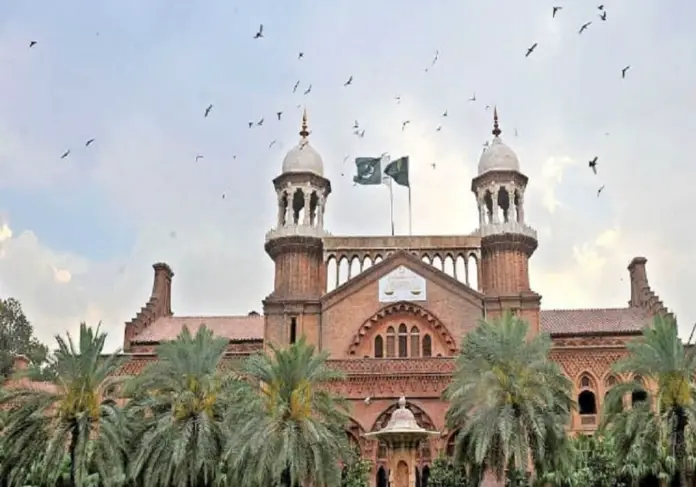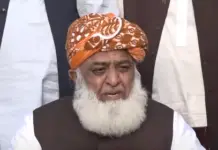Lahore High Court (LHC) on Tuesday directed the federal government to make suitable amendments in Income Tax Ordinance of 2001 on petitions challenging the collection of advance tax under Section 236 of the said law from the citizens booking marriage halls or buying cellular phone services.
Justice Shahid Jamil Khan of the LHC announced the verdict after hearing arguments of both sides. A widow using cellular phone services and other citizens who booked marriage halls for marriage ceremonies and other functions challenged the collection of advance tax through their lawyers. The petitioners assailed the amendment in Section 236D of the Income Tax Ordinance, 2001, brought through Finance Act, 2018, whereby the minimum slab for collection of the advance tax was fixed at Rs20,000 which was to be collected from a person receiving services of or holding/arranging function in a marriage hall, irrespective of the fact, whether the person was liable to file income tax return.
The widow had challenged tax under Section 236 of the Ordinance of 2001, against cellular phone services, being not liable to pay income tax or file return under Section 114. During the proceedings, Advocate Shahbaz Butt argued that collection of tax under the amended provisions is confiscatory because there is no payable tax against which the withheld tax could be adjusted or credited. Some petitioners contended that it offends the fundamental rights guaranteed under Article 18 of the Constitution for causing an adverse effect on the business of marriage halls working at a lower scale.
The petitioners argued that Section 236D of the Ordinance of 2001 is not executable in present form without specifying the manner and time, unambiguously, for collection of advance tax. They also argued that under the impugned provisions, the person receiving payment is obliged to collect an additional amount, independent of the amount due under bill for Marriage Hall Services. He reiterated that the manner of payment is not provided, therefore, this provision is not executable.
An Assistant Attorney General representing FBR submitted that the procedure had been rationalized by inserting Tenth Schedule in the Ordinance of 2001 read with Section 100BA. After hearing arguments of both sides, Justice Khan converted the petitions against advance tax into representations under Section 7 of the Federal Board of Revenue Act, 2007 and sent them to the FBR Chairman, with directives to him to consult the Attorney General of Pakistan on the concerns and legal position.
“Till decision, as directed, interim relief already granted, in this and connected petitions, shall continue,” read the 11-page judgment. Justice Khan ruled, “Income tax is meant to be charged from citizens, who are earning income and citizens, who are not earning any income, deserve to be compensated by the State to meet their basic and essential requirement for living,”. The judge also held that “the act of the Parliament, levying a tax, should not offend any of the fundamental rights guaranteed by the Constitution. An unreasonable taxing procedure, if it destroys business, offends the right under Article 18 and an income tax taking away property without compensation offends Article 23 and 24,”.
The Judge observed that unfortunately, the later class of citizens is being already subjected to indirect taxes, is now taxed through unadjustable advance income tax, which can only be termed as expropriatory and confiscatory, observing that the constitutional courts have been observing judicial restraint from declaring such laws as ultra vires, for avoiding an impediment against the State’s tax collection system.
Justice Shahid Jamil Khan also held, “Absence of a person in active taxpayer list and a person not required to file income tax return cannot be equated, because a person filing return may be deleted from active taxpayer’s list by any tax authority for a noncompliance under the Ordinance of 2001,” raising a question that how would a person, having marriage hall business at a lower level, would verify whether person booking or managing a function is on active taxpayer’s list or would wait for thirty days for Commissioner’s response and finalize bill thereafter.
The court also held that the citizens in the tax net, who are burdened with the obligation to withhold tax by declaring them an agent, are also required to be treated rationally and equitably. Putting an extra burden of compliance which is not in normal course of business and that too without remuneration or concession in tax liability, needs to be revisited by the government as well as tax administrators. “Collection of an unadjustable advance income tax from a person not liable to pay income tax or file income tax return, is without lawful authority and unconstitutional,” ruled the judge, giving 90-day time to the authorities to do the needful to address the petitioners’ grievances.







